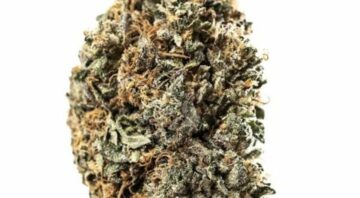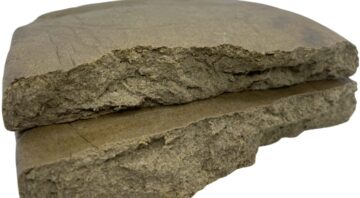What is the criteria for Medical Marijuana Eligibility?
According to the regulatory outline for applying for possession of marijuana for medical purposes, there are two classifications for people who can apply for medical marijuana services.
Category 1
This classification pertains to treatment for relief in the area of end-of-life care or in relation to symptoms with regards to specific medical conditions, which are outlined in the Schedule to the Regulations, most notably:
Physical pain as a result of spinal cord injury.
Physical pain as a result of a debilitating spinal cord disease.
Physical pain, nausea, anorexia, cachexia, and/or extreme weight loss resulting from the effects of cancer and its treatments.
Physical pain, nausea, anorexia, cachexia, and/or extreme weight loss resulting from the effects of HIV/AIDS infection.
Physical pain as a result of debilitating forms of arthritis.
Physical pain as a result of epileptic seizures.
All applications have to provide a full declaration of the patient’s physical ailment provided by the patient’s medical practitioner to support the application.
Category 2
This classification pertains to people incapacitating medical symptoms or conditions asides from those that were outlined in Category 1.
People with incapacitating symptoms or conditions are allowed to apply for an Authorization to Posses dried marijuana for medical purposes under the concessions provided under Category 2 as long as a specialist believes, through diagnosis, that other treatments have either failed or are inappropriate to provide relief to the problems associated with the medical condition.
Although it is required to have the applicant’s case assessed by a specialist, the patients physician, whether a specialist or not, is allowed to sign the medical declaration for the application for possession of medical marijuana.



 OUR MISSION
OUR MISSION 



